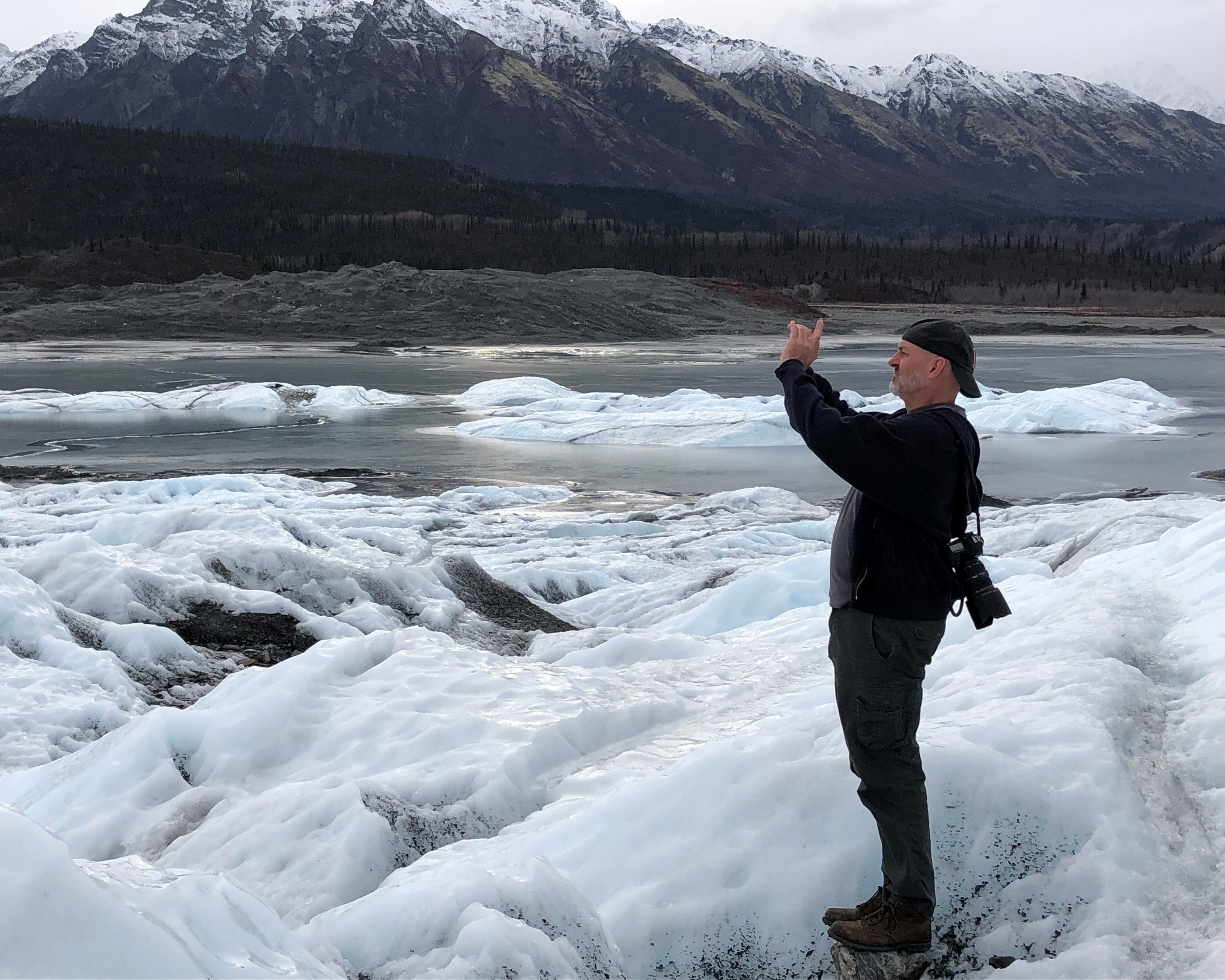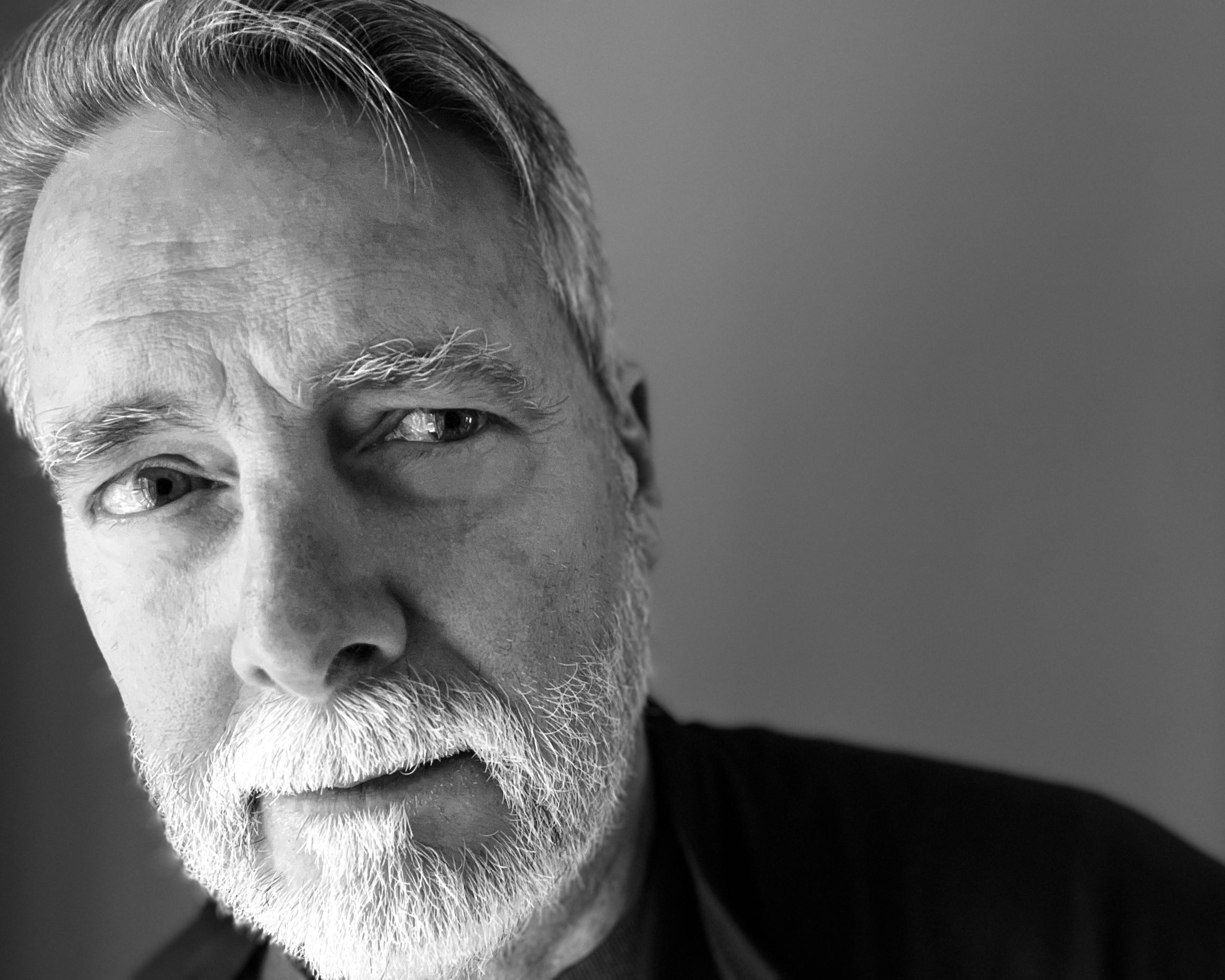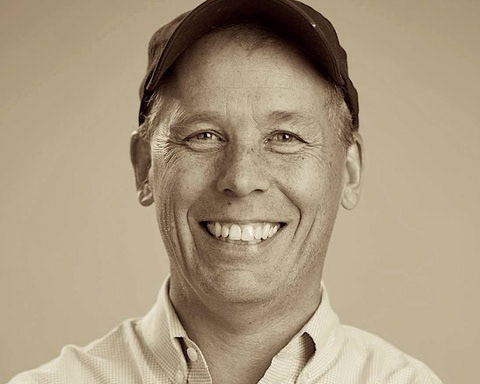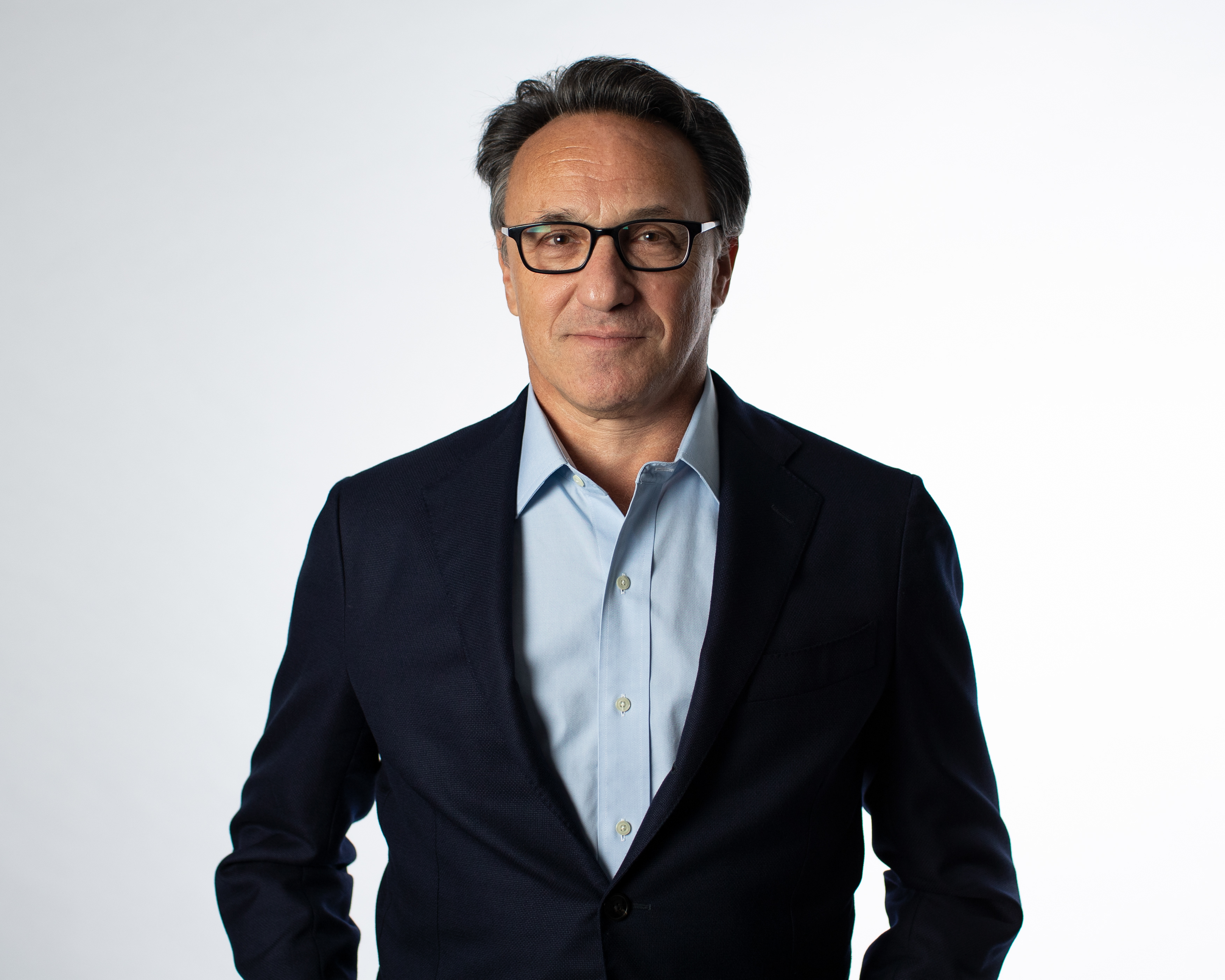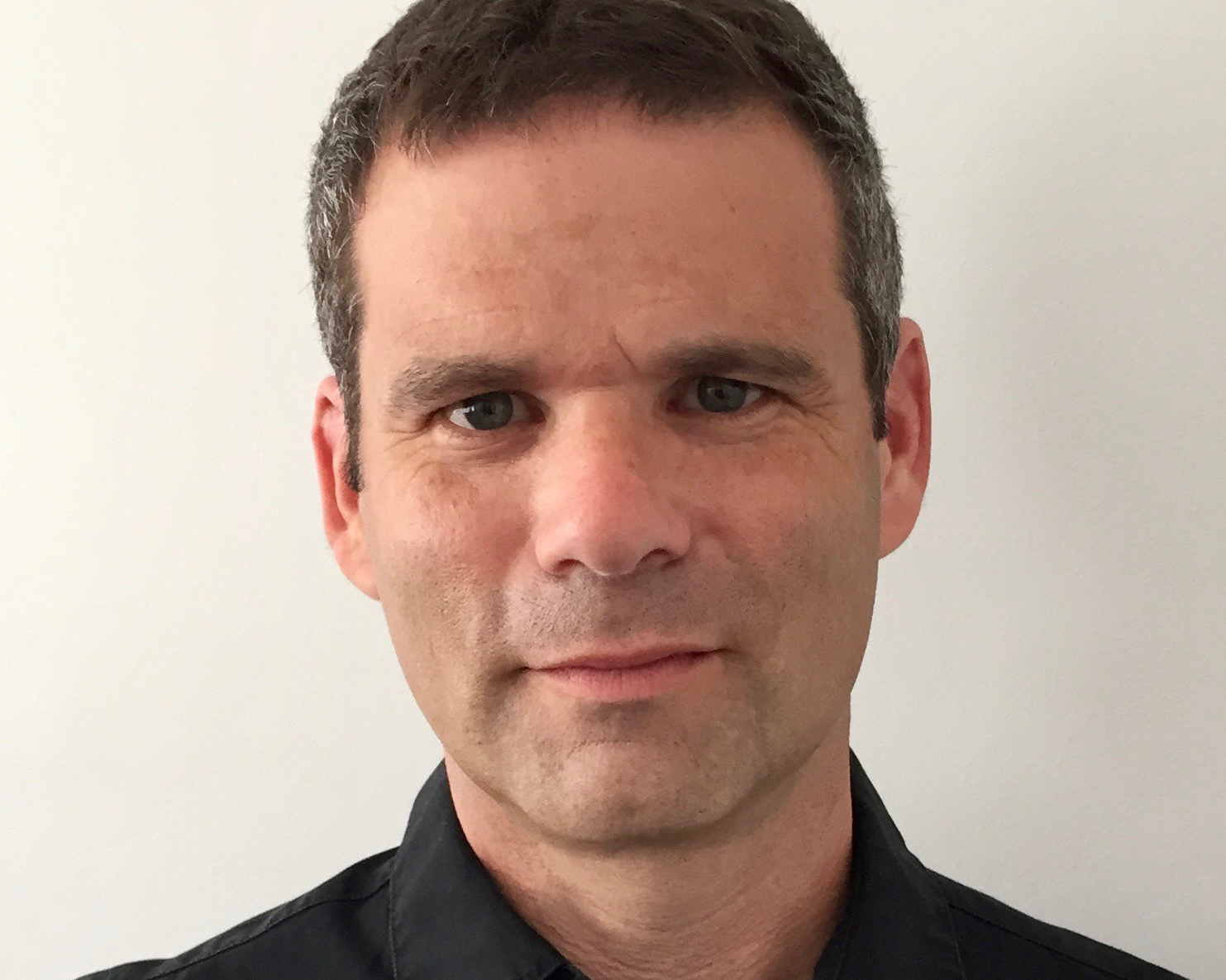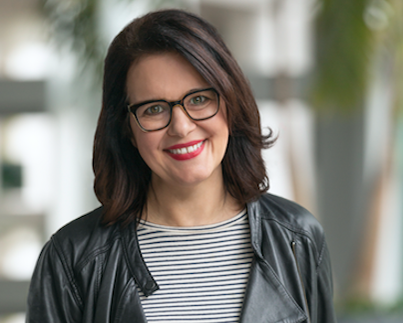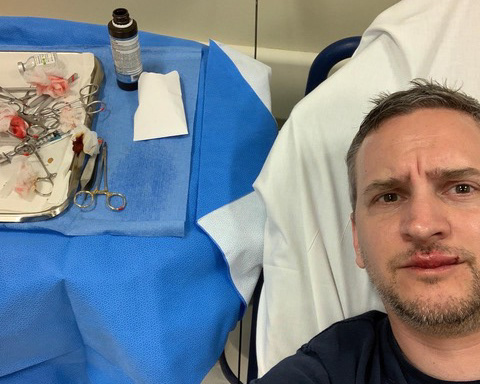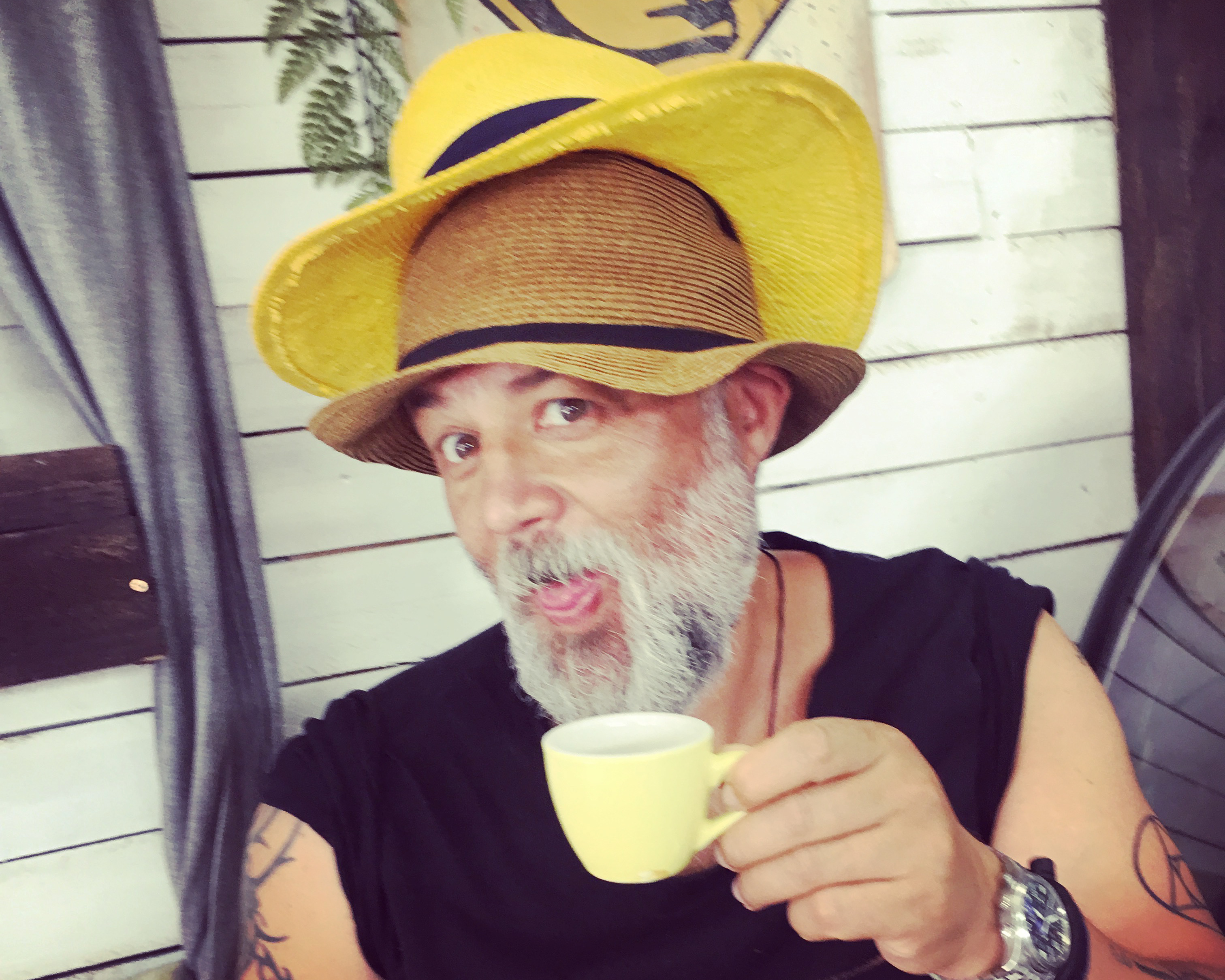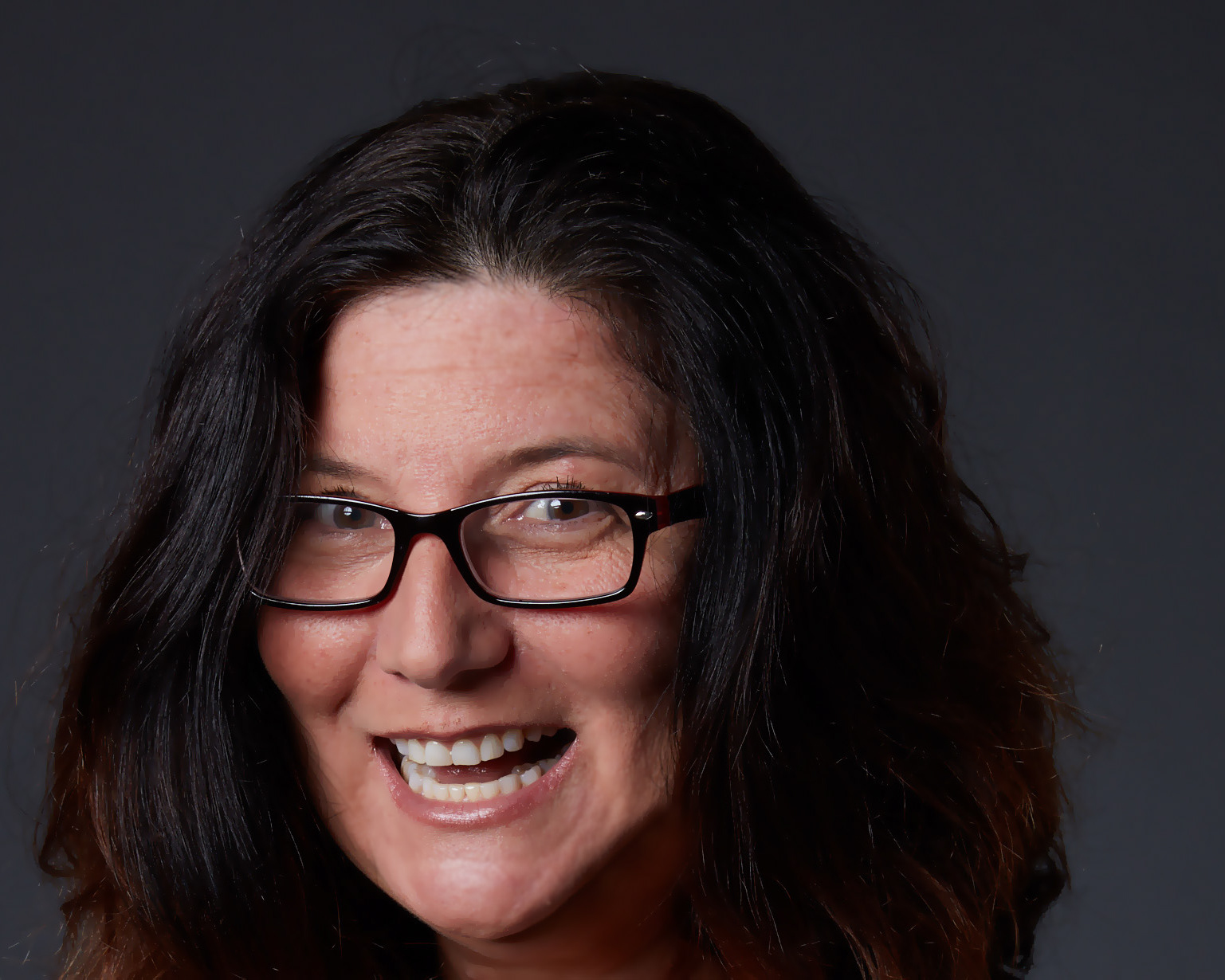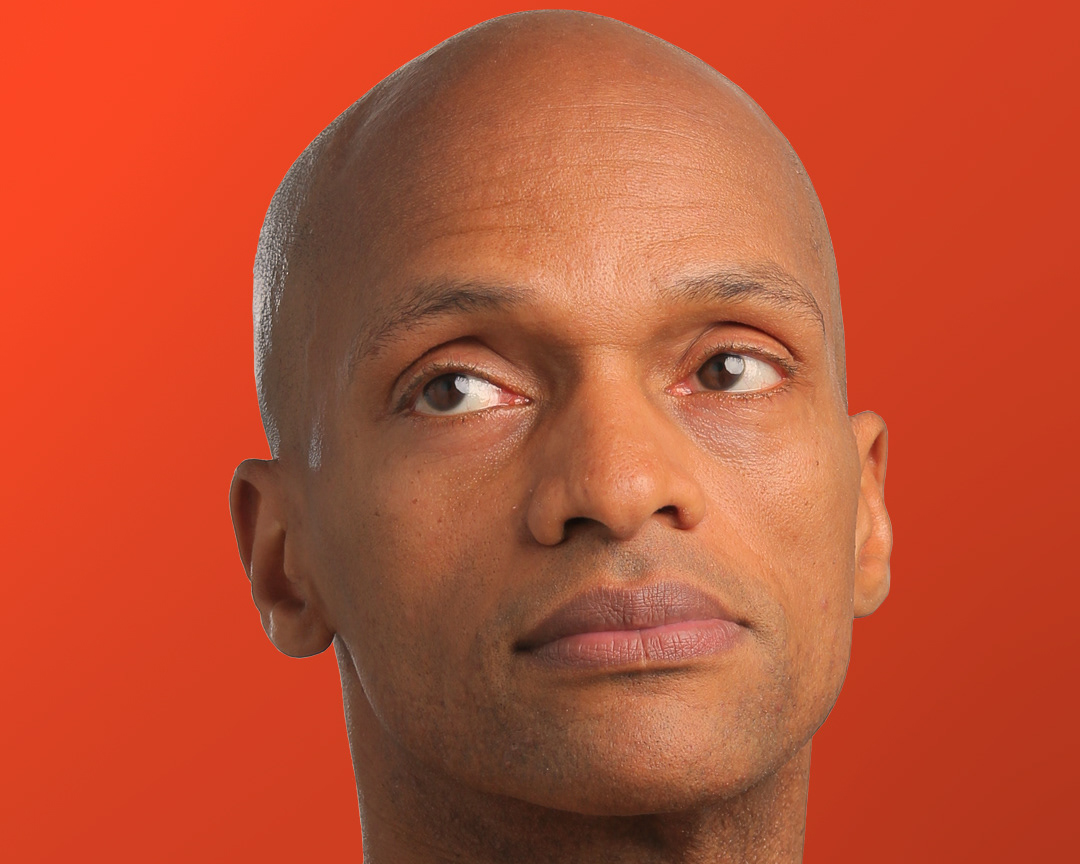Some creatives shoot with celebrities like Katie Couric. Others are interviewed by them.
Matt, in case you didn’t know (and if you don't, we wouldn't admit it), is the long-time advertising copywriter who founded Sleeping Giants, a platform that alerts advertisers who unknowingly show up on bigoted or inflammatory websites and TV shows, with the first being Breitbart. Of course, we were never supposed to know that. The reason we do? After a year-and-a-half of remaining anonymous, Matt was identified against his will by Tucker Carlson's website, The Daily Caller. Not only did Matt become an instant hero, his entire family became an instant target of white supremacists and neo-Nazis.
And he has no intention to quit.
Of course, Sleeping Giants isn’t the only reason you know Matt’s name. He also happened to create many ads we wish we did while working at agencies we wish we had on our resumés, including Goodby Silverstein, Wieden & Kennedy, and TBWA Chiat\Day, just to name a few.
When he’s not busy fighting for justice, Matt spends his time working as a freelance copywriter and playing the role of super dad. We're pretty sure all of this left little time for his thoughts on ageism, so we're feeling awfully lucky that he fit them in.
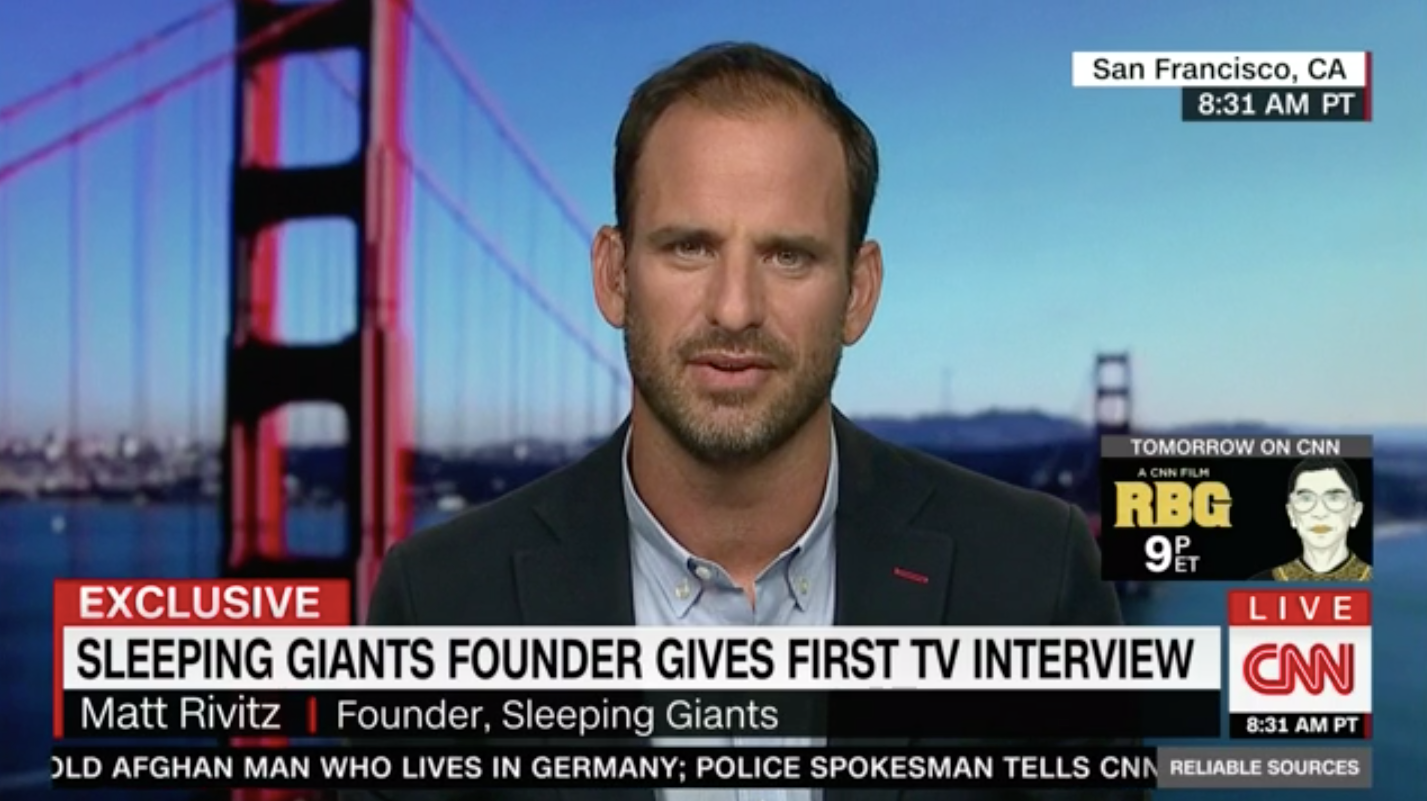
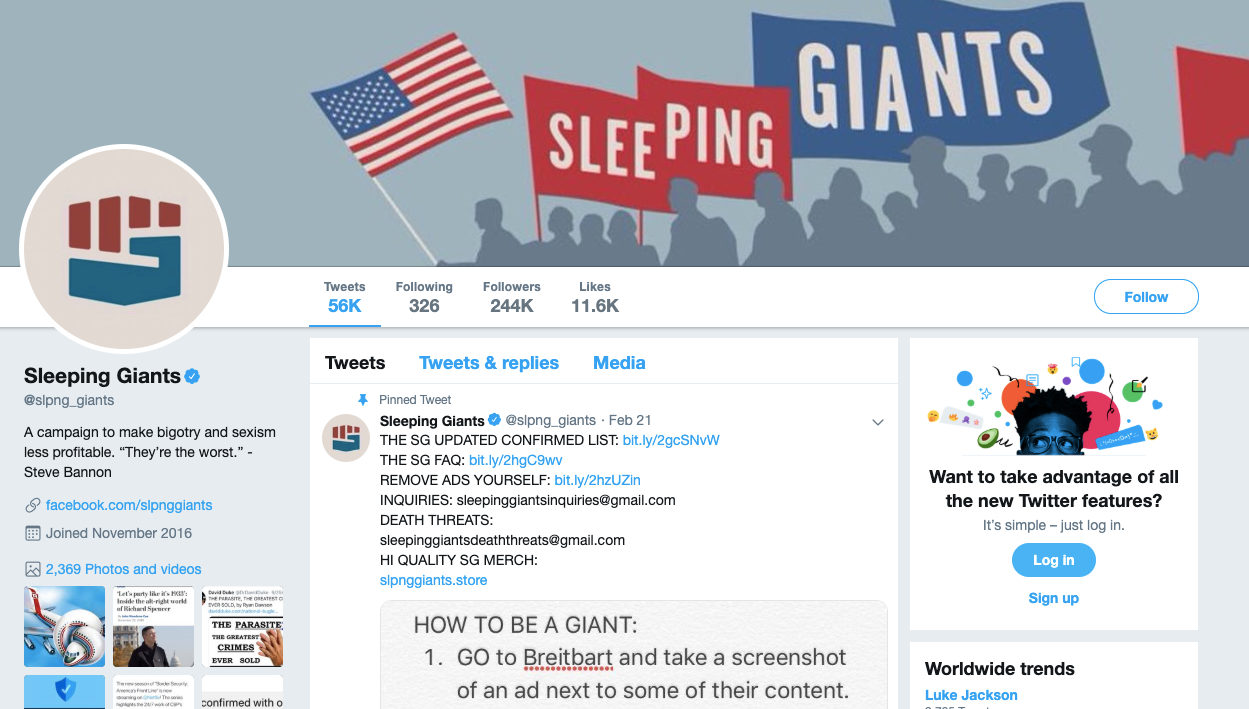

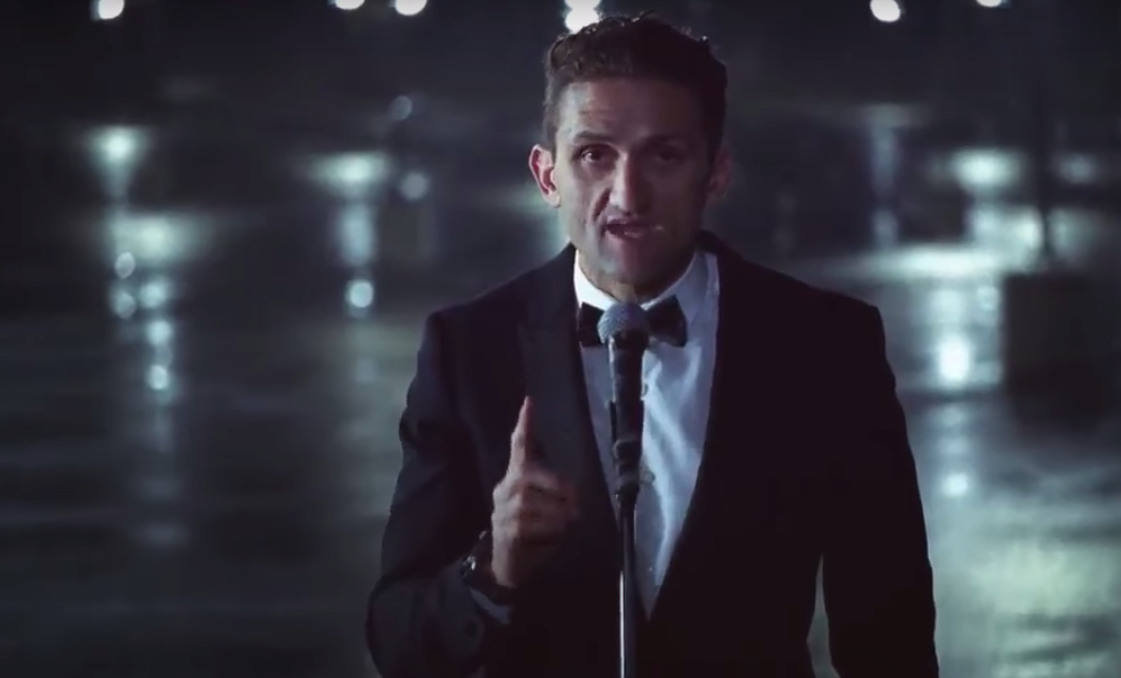
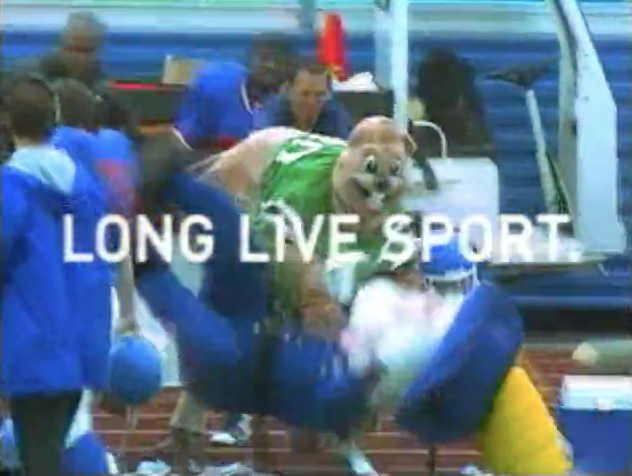

Is ageism in the industry something you thought about in your 30s? Your 40s?
I’ve been thinking about ageism since I got into the business at 21 years old. I worked at an ad agency in Boston and I remember having two waves of layoffs during the one year that I was there (my first in the business). I remember seeing literally dozens of older creatives being laid off, many with photos of their kids on their desks, and it scared the shit out of me. But I do think it drove me to try to do the best work I possibly could and accomplish as much as I could outside of work just to have a plan in case that ever came to pass for me. I’m also incredibly neurotic. So that could be why, too.
Is ageism something that’s affected you? What are some of the challenges you faced as a person who was getting older in the business? Do tell.
Honestly, it hasn’t affected me all that much at this point. I’ve been lucky enough to have worked at some great, well-respected agencies over the course of my career, produced a decent amount of recognizable work and made a lot of friends who are willing to lend a hand if I need it. It also helps that I’ve been freelancing for 13+ years, mostly working offsite, so no one can see how little hair I have left on my head.
I do also have to add that there has been a need in the last ten years for creatives that know how to tell stories. The generation that came after I did in the business was really focused on digital, as it was just building up, and they hadn’t concentrated as much on developing big brand ideas. Everything was a bit more tactical. So when my partner and I got called in, it was (and is currently) about finding an umbrella idea that can work across all mediums. In that way, the things I learned from developing TV ideas early on has really come in handy.
Tell us about your own creative journey. What are your thoughts on where you are now, compared to your mindset when you were in the beginning of your career?
From the jump for me, it was always about the work. I wasn’t interested in becoming a big CCO or leading a department. It was always about creating something I thought could be really great (and then often times failing miserably). I always felt that if I just made great, indelible work, that the promotions and positions would take care of themselves.
As it turns out, that’s not really how it works, though. I got laid off once and, as I walked out with my box of office crap, 9 of the 12 ads on the wall in the lobby were things that I had worked on. It was a real awakening for me. I realized that the work doesn’t determine everything.
My second realization was when I became a CD and realized that it wasn’t my thing. I didn’t like it. I just wanted to do the actual work. To write. To make things. And I was never really comfortable until I went freelance.
Freelance, to me, saved me for advertising. Not only did I love doing the work, but I felt that I had a bit of control over my own destiny. I’m an animal about going after projects and it suits my personality well. I’m able to make my own schedule and I’ve been able to watch my kids grow up and be a part of their lives. I walk on the beach with my wife a few mornings a week. I’m a runner and I’ve been able to make time to do that. That experience, of being able to simultaneously do lots of work and enjoy my life has been a life-changer. It’s still about the work, but it’s also about providing myself with enough space to ultimately enjoy doing it.
“I think you need to decide what you want out of it and try to mold your career around that rather than letting the industry dictate what you do.”
Did the reality of the ad industry contribute to the decisions you made/the path you’ve taken?
This industry is wild and, honestly, it always has been. I think you need to decide what you want out of it and try to mold your career around that rather than letting the industry dictate what you do. I decided to put my family and life over my career early on and (knock on wood) I’ve been able to make that work for me. It’s why I went freelance. I watched a lot of my friends move to cities that they didn’t want to live in for jobs they ultimately didn’t want and that seemed, to me, like a dead end. I love San Francisco and, while I definitely considered moving a few times, I wanted to stay. I somehow managed to ride out the dotcom boom and bust, all of the agencies moving away, half of them moving back, the whole thing. It could have been luck, but I also think it was just sheer determination to ride it out.
I keep coming back to freelance, but that has enabled me to ride out most of the storms over the last 13 years. When things are slim, agencies need freelancers to win business. When things are busy, they need freelancers to keep up. I’ve been really fortunate to get the calls for both of those scenarios. I also have a phenomenal partner, Tyler Magnusson, that I’ve been working with for 17 years and that has helped a ton, as we don’t need to travel to get our work done.
We’ll see what the industry has in store. It does feel different right now, in that so many companies are moving their creative departments in house. We’ve worked for a bunch of them and it’s not as familiar as working with an agency, but I still think there’s a hunger to do great work and I hope they’re willing to work with us to do that.
What do you feel creative people over 50 can offer over someone 20 years their junior, things that are unappreciated, or just plain overlooked?
So much. This has always been an industry that prizes youth. And frankly, most industries do. Every office for every company in San Francisco looks like my son’s high school class to me. But I think you have to look at what that means. There’s a lot of energy and excitement that people in their 20s bring, but there’s still such a need for know-how. For people who have been in shitty situations and know how to handle it. Or people who know how to organize an idea. Or people who know when to change course. Experience becomes so important in workplaces that are made mostly of people who have only been at this work thing for 5 or 10 years. Things are moving so fast now that often times, people don’t step back and look at the bigger picture. They’re too busy just…working. So, in that case, having someone who is over 50 step in and say, “Wait a minute. Have you thought about it this way?” is amazingly valuable.
What is your advice to people who are nearing or over 40 in the ad industry?
Diversify, diversify, diversify. Be good at multiple things, not just one. Start taking your experience in one place and take it to another place. Don’t get comfortable.
I have always had something else going on as long as I’ve been in the business. I’ve written 7 screenplays. I volunteered at a writing workshop for underserved kids. I’ve written articles for magazines. And somehow, at 44, I managed to start the thing I’m more proud of than anything I’ve ever done in my life in Sleeping Giants, a campaign to defund hate in media and social media.
All of it has not taken away from my experience in advertising, but it has added to it. It has all made me better at copywriting. And I think that’s the trick. If you can spread out your experience, you can be prepared for whichever way the winds blow.
“I can definitely say that starting Sleeping Giants is something that I absolutely did not expect and something I can see playing a big part in my future… For better or worse, I’ve found myself at the center of this conversation and I don’t want to squander the opportunity.”
How are you approaching the next 10 years? What does your future hold?
At 46, I’m smart enough to know that I have no fucking idea what my future holds. In my early days in advertising, I had a plan. I knew exactly where I was going to work next, when I would get there and what position I would have. And a lot of those things actually happened, but I found that the things that I wanted for myself weren’t necessarily what I wanted or at least they weren’t what I thought they would be. I know now that you kind of have to take things as they come and make the decisions you think are the best at the time.
I can definitely say that starting Sleeping Giants is something that I absolutely did not expect and something I can see playing a big part in my future. I care deeply about the state of the country right now and I see that our business has the potential to change the course of how things play out. Ad dollars pay for just about everything we look at now and I am determined to get the leaders in our business to both acknowledge that fact and make the changes necessary to curb hate, harassment and disinformation online and off. For better or worse, I’ve found myself at the center of this conversation and I don’t want to squander the opportunity.
Both my parents have spent their careers, and now their golden years in nonprofit, trying to affect change. My Mom runs a family’s foundation and has helped dozens of organizations find their purpose and my Dad helped found a charter school just a mile away from where the riots took place in Baltimore. I’d like to follow in their footsteps for sure. Just have to get my kids through college first.
What do you see as potential solutions for ageism in the industry? Any thoughts on possibly unionizing?
I do think there’s a greater reckoning right now in all businesses around giving opportunities to all kinds of people, not just one kind. But that doesn’t happen on its own. People within our industry need to stand up and make it an issue. Kat Gordon and the 3% Conference have done a miraculous job not just having a conversation but about creating real, quantifiable change. Saturday Morning is another group that is tackling the issue of diversity in our business. There are enough people in this business who are over 40 or 50 that can create a coalition to change the attitude towards ageism in the business and I think now is the time to bring it up.
What are some positive things you’ve experienced as you’ve grown older in the business?
More than anything, I value the length of friendships I’ve made. I was lucky enough to be at two agencies, Leagas Delaney and Goodby Silverstein & Partners, when they were incredibly successful and, with that, they were able to bring in some remarkably talented and insanely cool people during that time. I am continually amazed at how these two clubs of employees from those agencies have been able to not just stay in touch, but remain very close. I still regularly hang with a lot of the people that I used to work with and ask for advice, for guidance and even a job here and there. With the way that people move around now, I’m not so sure that these “clubs” exist anymore, but I feel very fortunate to have made lifelong friendships with the men and women I worked with 10 or 20 years ago. It’s not something that I think exists in most businesses. Advertising has been good that way.
“I guess I tend to like people who aren’t afraid to take on the tough stuff in life, and risk a lot in the process, to uncover injustice and tell the unvarnished truth.”
Who do you look to for inspiration?
I used to pore over the award show books back in the day and I can still tell you the names of the writers I would worship back then by heart. But now, as I’ve gotten older, I tend to look outside of the business for inspiration, perhaps because there area fewer “names” in the business now or maybe because I’m so deep into my work with Sleeping Giants. I tend to look at writers, journalists and activists more these days. I am consistently mind-blown by the work of Ronan Farrow, who uncovered Harvey Weinstein’s sexual abuse and Carole Codwalladr, who exposed the Cambridge Analytica scandal at Facebook. I have gotten to know Kara Swisher, the tech critic for the New York Times, and her opinions really shape my own. I like Michael Lewis’ writing a lot and his ability to tell a complex story simply. My family’s friend Chris Wilson is a huge inspiration, going from a life sentence in prison to a successful business person, celebrated artist and prison reform advocate. I guess I tend to like people who aren’t afraid to take on the tough stuff in life, and risk a lot in the process, to uncover injustice and tell the unvarnished truth.

